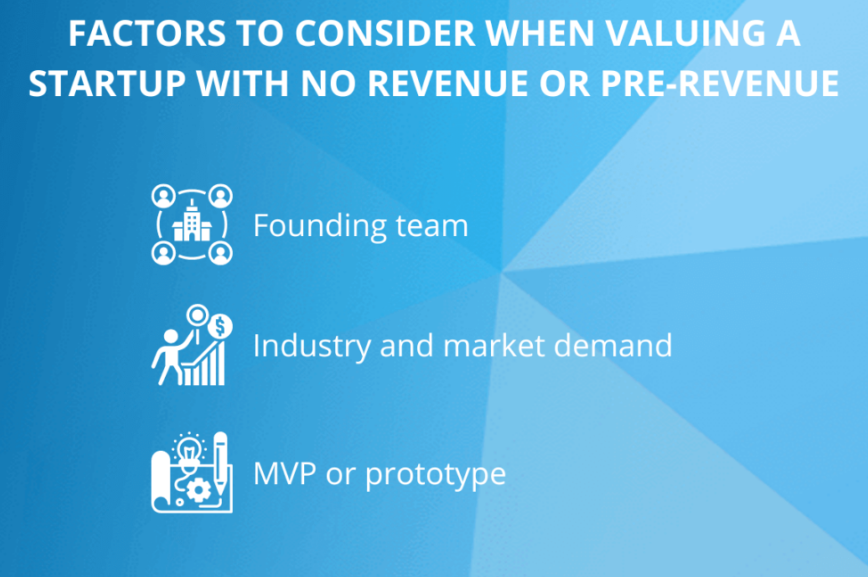Pre-revenue
Pre-revenue
What is Pre-revenue
Definition:
Pre-revenue refers to the initial phase of a business venture when the company has yet to generate any significant income or revenue streams from its products or services. During this stage, entrepreneurs and startup founders focus on developing their business ideas, building prototypes, validating market demand, and securing initial funding to bring their products or services to market.
Key Characteristics of Pre-revenue Stage:
- Product Development: Startups in the pre-revenue stage invest significant resources in developing and refining their products or services, focusing on creating value propositions that address specific market needs or pain points.
- Market Validation: Pre-revenue startups conduct market research, customer interviews, and product testing to validate market demand, assess competition, and refine their value proposition based on customer feedback and market insights.
- Seed Funding: Many pre-revenue startups seek seed funding from angel investors, venture capitalists, or crowdfunding platforms to finance product development, marketing initiatives, and operational expenses during the early stages of business development.
- Go-to-Market Strategy: Pre-revenue startups develop go-to-market strategies to launch their products or services effectively, including marketing campaigns, sales channels, pricing strategies, and distribution partnerships to reach target customers and generate initial traction.
Challenges and Considerations:
- Limited Resources: Pre-revenue startups often face resource constraints, including limited funding, manpower, and expertise, requiring them to prioritize initiatives and make strategic decisions to maximize the impact of available resources.
- Market Uncertainty: The pre-revenue stage is characterized by market uncertainty, competition, and evolving customer preferences, requiring startups to remain agile, adaptable, and responsive to changes in the competitive landscape and market dynamics.
- Risk of Failure: Many startups fail to transition from the pre-revenue stage to sustainable revenue generation due to various factors such as lack of product-market fit, insufficient funding, operational challenges, or market saturation, highlighting the inherent risks and uncertainties associated with entrepreneurship.
Strategies for Success:
- Focus on Value Proposition: Pre-revenue startups should prioritize developing a compelling value proposition that addresses specific customer needs or pain points, differentiates their offering from competitors, and resonates with target audiences.
- Iterative Development: Adopting an iterative development approach allows startups to build, test, and iterate on their products or services based on customer feedback, market validation, and emerging trends, enabling continuous improvement and innovation.
- Lean Startup Methodology: Embracing the principles of lean startup methodology helps pre-revenue startups minimize waste, optimize resources, and accelerate learning through rapid experimentation, validated learning, and actionable insights.
- Strategic Partnerships: Collaborating with strategic partners, industry experts, mentors, and advisors can provide pre-revenue startups with valuable guidance, resources, and networking opportunities to navigate challenges, capitalize on opportunities, and accelerate growth.
Key Takeaways:
- The pre-revenue stage is a critical phase in the lifecycle of a startup, characterized by product development, market validation, and initial funding efforts.
- Pre-revenue startups face challenges such as limited resources, market uncertainty, and the risk of failure but can mitigate these risks by focusing on value proposition, iterative development, lean startup methodology, and strategic partnerships.
- Successfully navigating the pre-revenue stage sets the foundation for sustainable growth, revenue generation, and long-term success, positioning startups to capitalize on market opportunities and create value for customers, investors, and stakeholders.





